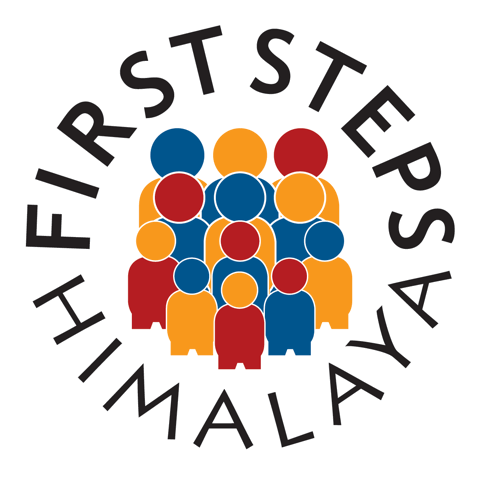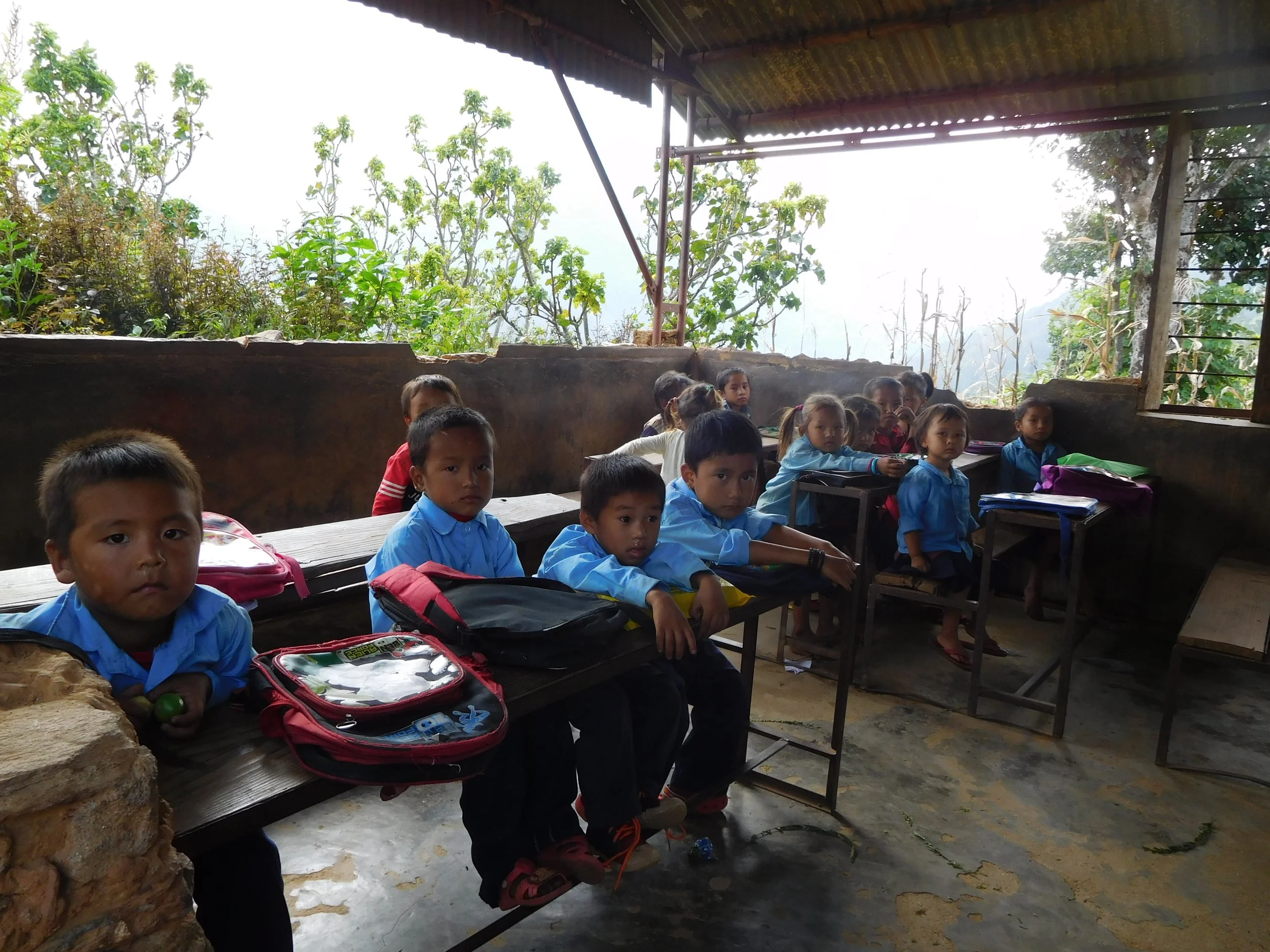Did You Know in Nepal:
Young children are often allocated the smallest, darkest space in a school, often without a teacher!
Most teachers have not received any training in modern child-friendly teaching methods
Children under 7 do not have their own classroom teacher but are effectively ‘babysat’ by a rotation of subject teachers
Imagine being a child spending your days in this bare, dark, chaotic space. This is a typical classroom for young children in rural Nepal.
Now imagine if those children could learn in a classroom like this:
Let’s help these children thrive!
With the help of generous people like you, First Steps Himalaya is deeply committed to improving teaching across rural Nepal so as many children as possible can have access to kind, nurturing learning environments.
Young children thrive at school when they have consistent routines, interesting resources and interested adults around them.
Well-trained, enthusiastic teachers are the key to creating successful classrooms where children can learn and thrive. Look at the difference trained teachers can make to a classroom!
This teacher at Dyali School, Sindhulpalchok has her students’ full attention as they practice letter sounds using hand-made flash cards. She is using techniques learned at First Steps teacher training,
Enjoying a story at Mulkharka School. Look at the bright and useful hand-made learning resources decorating the classroom walls.
This teacher’s use of natural materials at our Sangachok Nursery develops a sense of curiosity in young children.
Children working in a small group, focused on puzzles at Sangachok Nursery, Sindhulpalchok
Annual Appeal 2022
Help us transform education in rural Nepal!
$50 can buy art material such as crayons, paint, coloured paper for a classroom
$100 can pay a teacher’s salary for a month
$250 can allow a teacher to attend a week-long teacher training workshop
There is a huge need for improved education in rural Nepal. Please help us give children the education they deserve.
For more information about First Steps Himalaya visit www.firststepshimalaya.org



































